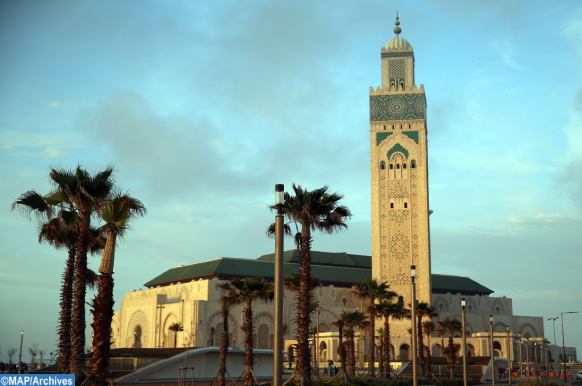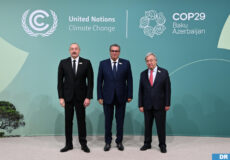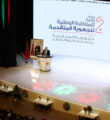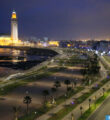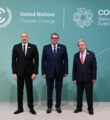COP 27: Moroccan Experience in Energy Efficiency in Mosques Highlighted
Sharm El-Sheikh – The Moroccan experience in the field of energy efficiency in mosques was highlighted during a meeting organized as part of the 27th Conference of the Parties to the United Nations Framework Convention on Climate Change (COP27), held from November 6 to 18 in Sharm El-Sheikh.
Speaking on this occasion, Khadija Zahidi, head of the equipment department at the Ministry of Endowments and Islamic Affairs, said that the energy efficiency program in the mosques of the Kingdom is part of a national vision drawn from the speech delivered in 2009 by His Majesty King Mohammed VI on the occasion of the Throne Day, in which the Sovereign called for the development of the National Charter of Environment and Sustainable Development.
She added that the ministry, as an actor in the religious field, is one of the first to have adhered to this charter, which is a common roadmap to all public and private actors, through the development of an energy efficiency program in mosques.
“This program is part of the second axis of the ministry, whose objective is to ensure optimal conditions of comfort, safety and security in places of worship and culture, and to ensure adequate service to all users,” explained the official.
In this regard, Zahidi said that the Ministry has entered into partnerships with key institutions in the energy sector in the Kingdom, including the Ministry of Energy, Mining and Environment, the Energy Investment Company (SIE) and the Moroccan Agency for Energy Efficiency (AMEE), to implement the various projects included in this program.
She also noted that for optimal implementation of this program, a preliminary study was conducted, focusing on the analysis of energy balance in mosques, whose results showed that the daily energy consumption in a mosque varies between 2 and 110 kilowatts per day, bringing the total daily consumption in all mosques (more than 52,000) to 320 megawatts per day, or 115,000 megawatts per year.
In addition, she noted that the program aims to achieve an energy saving of 40%, which will easily save 12 kilowatts per day, or 46,000 megawatts annually, which is the equivalent of 78 million dirhams per year.
This will also avoid the emission of 24 thousand tons of carbon dioxide into the air, which will have a positive impact on the environment, she added.



